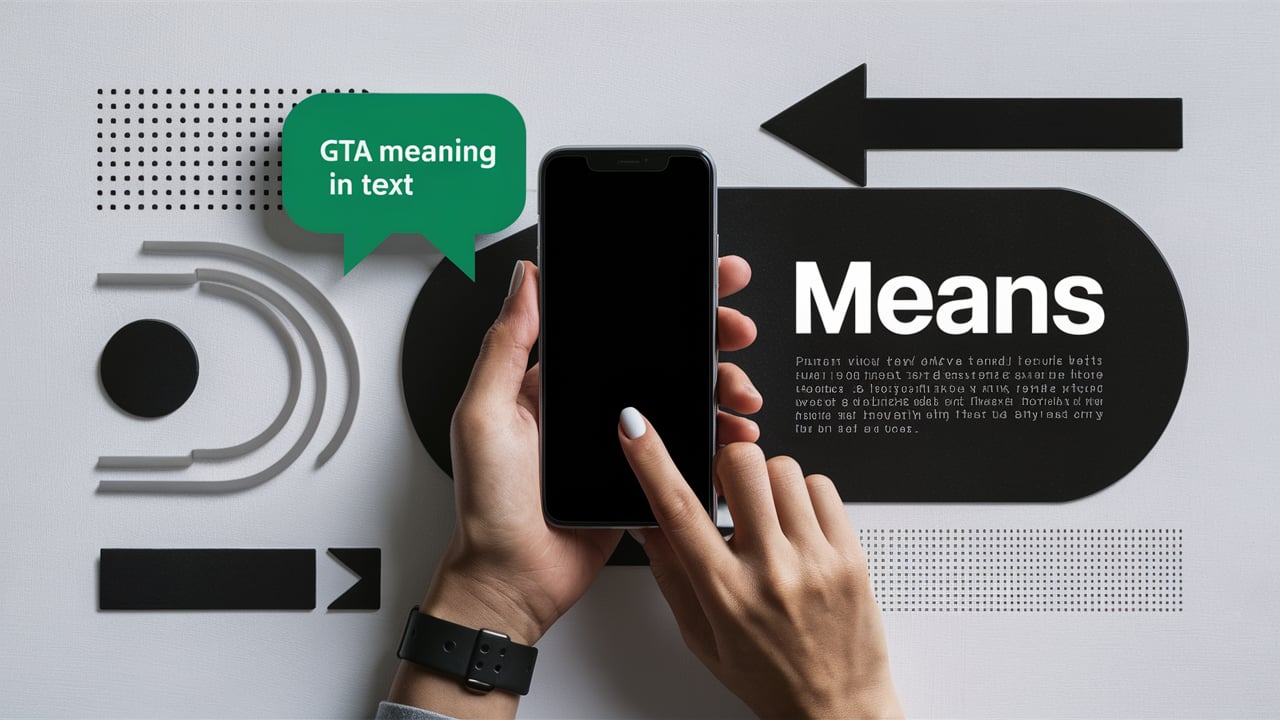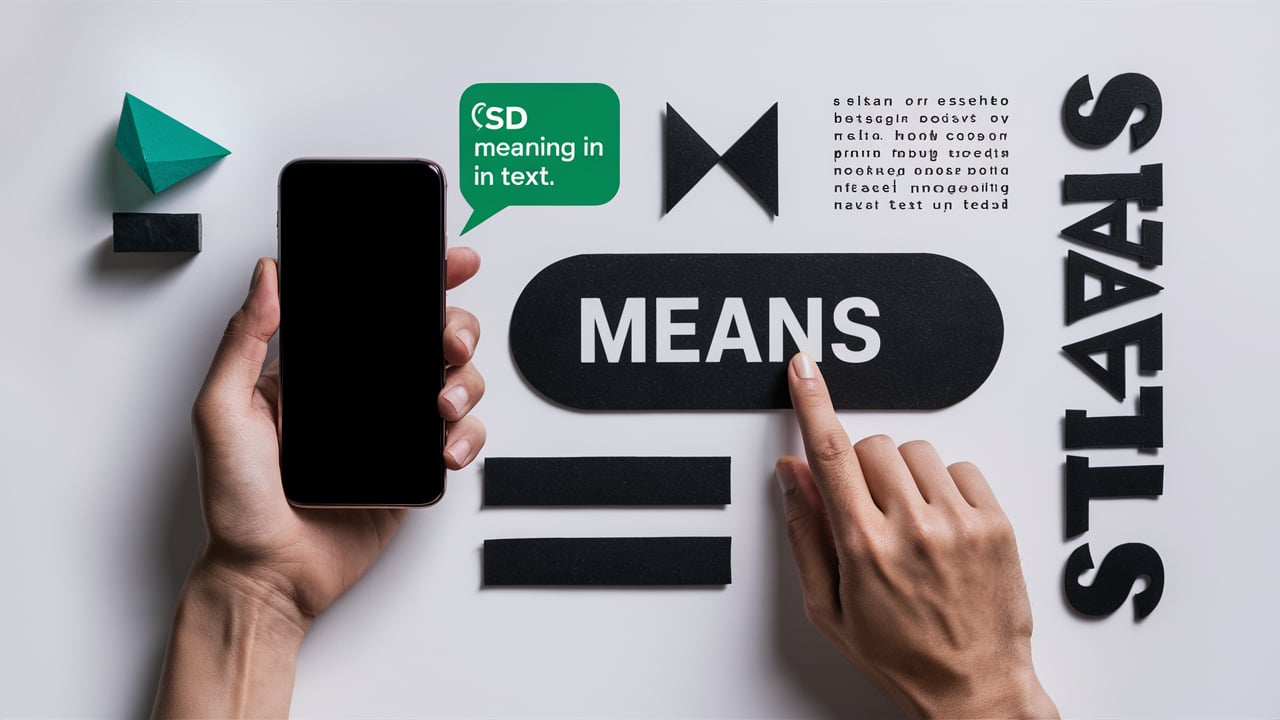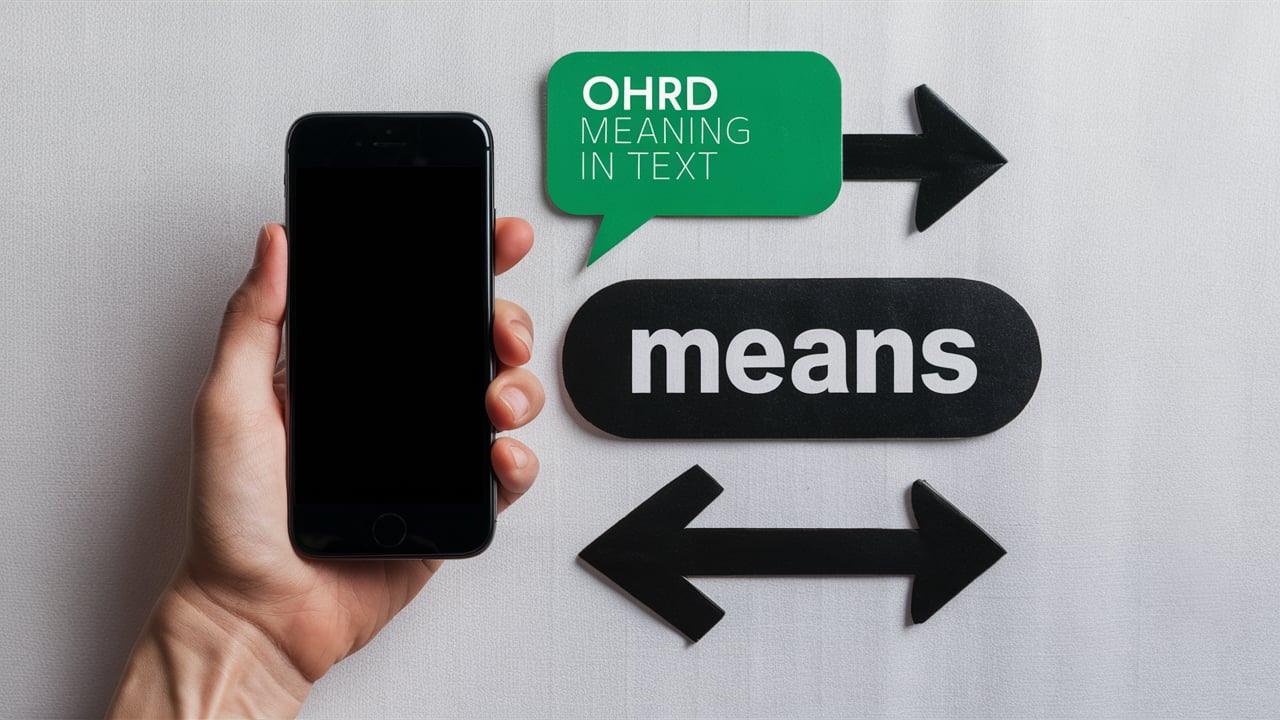Have you ever received a message that says just “sos” and wondered, “Is someone asking for help… or just being dramatic?” 😳 You’re not alone. In texting, shorthand evolves fast, and “sos” has taken on multiple layers of meaning. Understanding “sos meaning in text” can save you from misunderstandings and help you respond appropriately.
In this deep-dive article, we’ll explore the **sos meaning in text**, common interpretations, usage in different contexts, and tips on when (and when not) to use it. By the end, “sos” will feel as natural to you as “lol” or “omw.” Let’s dig in!
Why “sos” Matters in Digital Chats
Short responses or acronyms like “sos” carry weight in today’s fast-paced texting world. A misinterpreted “sos” might lead to panic, confusion, or even unnecessary drama. Getting it right matters—especially in vulnerable or emotional conversations.
Knowing the **sos meaning in text** helps you:
- Recognize when someone is really asking for help
- Interpret emotional nuance (drama, exaggeration, playful) properly
- Avoid miscommunication in chats with friends, family, or colleagues
Origin & Evolution of “SOS” in Communication
Though “SOS” is globally known as a distress signal in Morse code (· · · – – – · · ·), texting and internet culture have repurposed it. It has evolved from literal distress to figurative, casual, or humorous use.
Over time, “sos” became a go-to shorthand when someone wants attention, expresses emotional overwhelm, or jokingly demands rescue—digitally speaking.
Primary Meanings of “sos” in Texting 📲
Just like many acronyms, **“sos”** can mean different things in varying contexts. Here are the most common senses:
1. Literal Distress / Cry for Help
In serious situations, “sos” means **“help me,” “emergency,” or “I’m in trouble.”** Use this when something urgent is happening.
Example: “I’m locked out of the house, sos.”
2. Figurative / Emotional Overwhelm
Often, people use “sos” to express emotional overload—like “I can’t deal.” It’s dramatized, but not literally urgent.
Example: “Work is killing me. Someone sos me.”
3. Playful or Sarcastic “Rescue Me”
Sometimes, “sos” is playful—like sarcastically asking for help when something trivial happens.
Example: “Lost my keys again, sos.”
4. Attention Grabber or Call for Reaction
“sos” might simply aim to jolt the reader into responding—like “Hey, notice me.”
Example: “sos someone talk to me.”
Signs That Reveal the True “sos” Meaning
To decode which version is in play, watch for:
- Context: Is the conversation serious or casual?
- Punctuation & emojis: “sos 😭” vs “sos?” vs “SOS!”
- Frequency: If someone spams “sos,” it’s likely playful.
- Tone of prior messages: Emotional tone enables literal or figurative use.
“sos” vs Similar Acronyms (help, pls, save me)
Let’s compare “sos” with related support-related shorthand:
| Acronym / Phrase | Meaning / Use | Typical Tone |
|---|---|---|
| sos | Distress, emotional exaggeration, attention grabber | Serious, playful, dramatic |
| help / pls / please | Literal assistance request | Serious, direct |
| save me | Figurative or literal rescue ask | Emotional, melodramatic |
Effect of Casing, Punctuation & Emojis on “sos”
The tone transforms with small changes:
- SOS (all caps) → urgent or serious
- sos? → questioning or unsure
- sos… → resigned, expressive, overwhelmed
- sos 😊 / sos 😂 → playful or humorous plea
So “SOS” in caps with an exclamation feels louder, while “sos…” in lowercase feels weary or dramatic.
Real Conversation Examples
Example A: Literal Help
Friend: “My phone just broke, I’m stranded—sos.”
Meaning: “I need real help, urgently.”
Example B: Emotional Overload
Colleague: “Deadlines, back-to-back meetings… sos”
Meaning: “I can’t cope, emotionally overwhelmed.”
Example C: Playful / Mild Dramatization
Friend: “Missed the bus, lost umbrella, late—sos lol”
Meaning: “Help me (sarcastically). Just minor annoyance.”
Example D: Attention-Seeking
Younger family member: “sos someone see this?”
Meaning: “Notice me, say something.”
When “sos” Might Be Misleading or Dangerous
Because “sos” has multiple interpretations, misuse or misreading can lead to trouble. Consider these risks:
- In real emergencies: Use clearer language—“help,” “I’m in danger,” phone call if possible.
- With strangers or acquaintances: They may take it seriously or dismissively.
- In written or formal settings: Avoid “sos”—it may seem unprofessional or melodramatic.
- In emotional conversations: Respond with empathy and clarification, not assumptions.
Regional, Cultural & Generational Differences
The meaning and reception of “sos” can shift depending on culture, age group, or region:
- Younger users tend to use “sos” playfully or dramatically in social media.
- In some cultures, literal distress signals are taboo to use casually—“sos” might be reserved for real crises.
- Nonnative speakers might struggle with when “sos” is metaphorical vs literal.
SEO Tips: Incorporating “sos meaning in text” in Content
If you’re writing content around “sos meaning in text,” here are SEO tips to help you rank:
- Place the phrase **“sos meaning in text”** within the first 100 words (as done above).
- Use variations such as “sos abbreviation meaning,” “sos in messaging,” or “what does sos mean in text.”
- Structure clearly with H2s and H3s for snippet potential.
- Offer examples, tables, FAQs to enhance user engagement and dwell time.
- Use internal links: e.g. Text Slang Dictionary, or Popular Social Abbreviations.
The Psychology Behind “sos” Use in Chats
Why do people default to “sos”? A few psychological factors explain it:
- Emotional shorthand: It compresses complex feelings into a few letters.
- Drama advantage: It amplifies emotional urgency even when not serious.
- Attention cue: It draws your focus to the sender’s emotional or situational state.
- Gentle boundary: It communicates need without demanding explicit detail.
So “sos” is often a tone dial: “Help me—but maybe not catastrophically.”
When to Use “sos” (And When to Avoid It)
✅ Appropriate Use Cases
- Casual conversations with close friends or family
- Expressing emotional overwhelm or venting
- When you know the recipient understands your texting tone
- Social media posts seeking engagement or empathy
❌ Situations to Avoid “sos”
- Real emergencies—use plain, clear help language
- Formal, professional, or business messages
- With people who don’t know internet shorthand
- During serious or sensitive conversations where clarity’s needed
Platform Differences: SMS, Chat Apps & Social Media
How “sos” is read or used depends on where it appears:
- SMS / Traditional Texting: Lacks tone markers, so readers rely heavily on context.
- WhatsApp / Messenger / iMessage: Emojis, read receipts, or reactions help clarify tone.
- Social Media / Posts / Comments: “sos” might be performative—used for drama, likes, or engagement.
Featured Snippet–Friendly Definition
“sos” in text messages often means **“help me,” “I’m overwhelmed,” or a dramatic attention request**. Its precise meaning depends on context, punctuation, and tone.
Advanced Usage: Combining “sos” with Other Slang
In casual texts, people sometimes stack “sos” with other shorthand or emojis:
- “sos rn” → “help me right now.”
- “sos fr” → “help me for real / seriously.”
- “sos 😂” → playful dramatic help.
- “sos pls” → more humble or polite plea.
These mini-expansions help nuance what kind of “help” the sender wants.
FAQ: Common Questions About “sos” Meaning
Q1: Is “sos” always serious?
No—“sos” can be literal, emotional, playful, or dramatic. Always read context and tone before assuming.
Q2: Can “sos” be considered rude?
It depends. Used casually among friends, it’s fine. Used in serious or formal settings, it might seem melodramatic or unprofessional.
Q3: How do I respond to “sos” if I’m not sure how serious it is?
Ask a clarifying question: “What do you need?” or “Are you okay?” This shows you care without overreacting.
Q4: Is “sos” used globally in texting culture?
Yes—though its intensity or acceptability varies. In many cultures, it’s used casually, but in some, it retains strong distress connotations.
Q5: Will “sos” fade out as slang evolves?
Possibly—slang shifts fast. But because “sos” ties to universal emotional expression, it may persist in some form for years.
Conclusion / Final Thoughts
The seemingly simple **“sos”** hides a spectrum of meanings—from urgent distress to playful melodrama. Grasping its nuance helps you respond with empathy, clarity, and appropriateness. Always weigh context, punctuation, and your relationship with the sender before reacting.
Want to decode more abbreviations and digital slang? Browse our Text Slang Dictionary or explore Popular Social Abbreviations to stay sharp in the chat game.
Call to Action: If this article helped clarify “sos meaning in text,” share it with your friends, drop your own “sos” examples in comments, and explore our other slang decode guides! 💬



